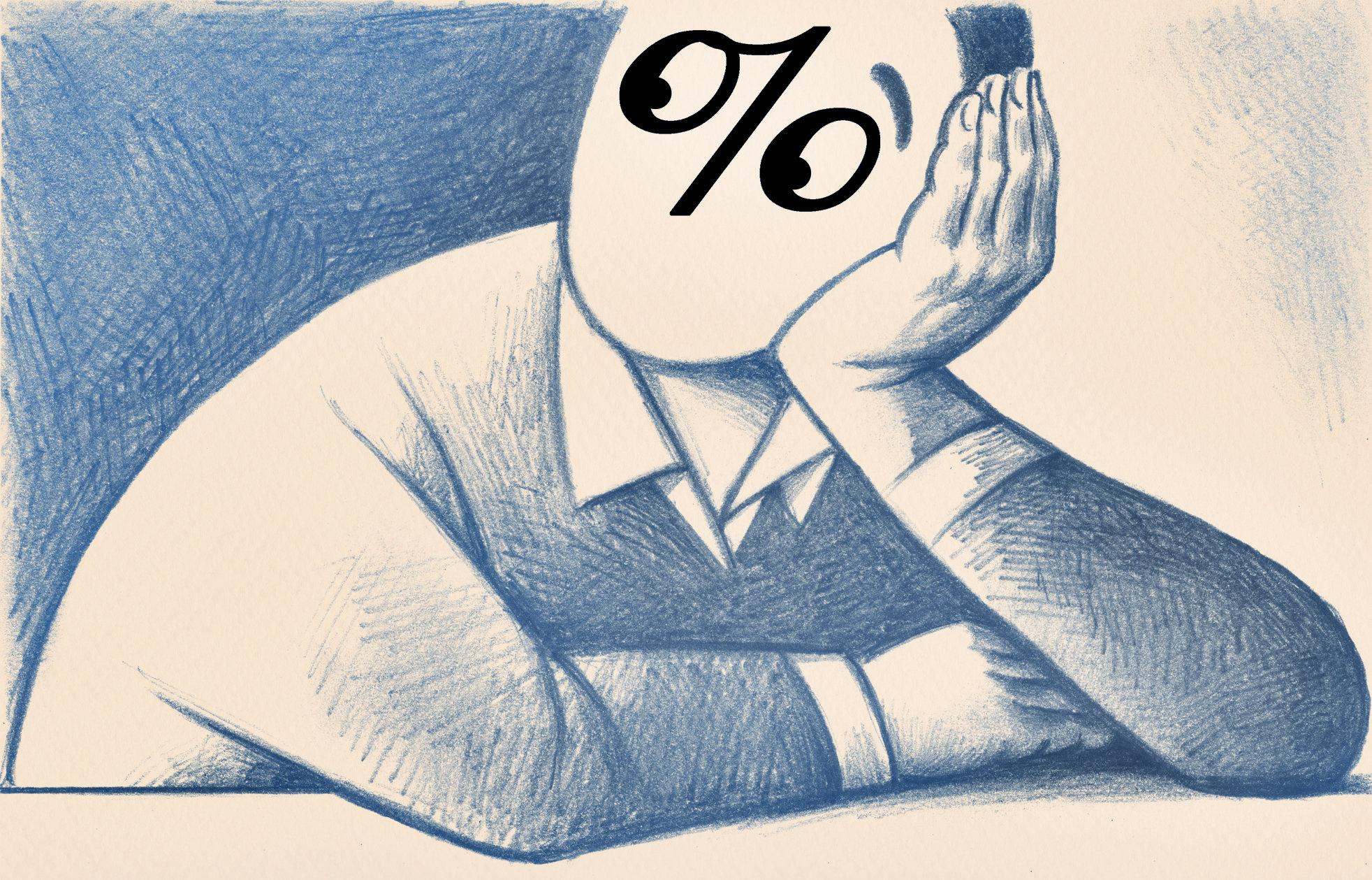

How to Know If It’s Worth Staying or Time to Let Go
We’ve all faced it—that haunting, quietly persistent question: Should I stay, or is it time to leave?
Whether it’s a job that’s no longer inspiring, a relationship that feels more draining than loving, a city that once felt like home but now feels unfamiliar, or a project that no longer excites you—the inner tug-of-war between staying put and making a change is a universal experience.
What makes this question even more difficult is that it doesn't always come with a clear answer. Sometimes there's no dramatic conflict, no obvious mistreatment, no massive breakdown that forces you out. Instead, it’s just a dull ache of dissatisfaction, a quiet voice that whispers, “Is this really where I’m meant to be?” And that ambiguity makes the decision all the more paralyzing.
The truth is, many of us will find ourselves at this exact crossroads multiple times throughout life. And unless the circumstances are glaringly unbearable—like toxicity, abuse, or total despair—choosing to walk away isn’t always straightforward. In fact, the lack of urgency can make it easier to stay... even when deep down, you know something isn’t right.
But time? Time is not something you get back. Spending it stuck in mediocrity—whether that’s an “okay” relationship, a passable career, or a location that just isn’t you anymore—isn’t how you build a vibrant, meaningful life.
So... are you staying just because leaving feels hard?
Be honest with yourself—are you staying in that situation because you truly want to be there? Or are you simply staying because it’s easier than the uncertainty of walking away?
You owe it to yourself to only stay if the situation is valuable, fulfilling, and worth investing in. Sure, every job or relationship has its rough patches, but if the foundation is still meaningful—if there’s growth, connection, or satisfaction—it might be worth the work.
But staying just because the exit looks complicated? That’s a trap. It’s a trap that keeps you in emotional limbo. When you stick around because change feels uncomfortable, you're only half-present. You start mentally detaching, watching the door, waiting for a sign—any sign—that will make the decision for you.
And here’s the thing: no one who genuinely cares about you wants you to stay just out of guilt, fear, or laziness. If your boss, partner, or friend only values your presence when you're too scared to leave, they’re not acting in your best interest. Real connections are built on desire, not obligation.
If you're living in default mode—going through the motions, emotionally detached, quietly dissatisfied—it won’t just affect that one area of your life. That lack of fulfillment tends to spill into everything: your mood, your confidence, your energy, your dreams.
So how do you know when it's time to make a move?
What if things seem fine on the outside but feel misaligned inside?
What if your relationship has shifted so much that you barely recognize yourself in it?
What if showing up at work each day feels more like endurance than purpose?
Or what if there’s simply an unnamed restlessness—a tug in your gut that tells you something's off, even if you can’t explain it?
Before you leap—or settle—you need to pause. You need to get quiet, honest, and reflective. Big decisions, especially the kind that change careers, relationships, or where you live, don’t just impact your schedule—they ripple through your identity, your well-being, and your long-term joy.
This isn’t about scaring you into staying or pushing you to run. It’s about choosing with clarity—about understanding that any path you take will come with its own wins and losses. No option is flawless. Like picking between two flavors of ice cream you adore, whichever one you choose, you’re going to miss out on the other.
That’s why it’s so essential to weigh your decision with care. Take your time. Think beyond the obvious. And to help you do that, here are five critical questions to guide your self-reflection when you find yourself standing at that mental fork in the road, wondering: Do I stay, or is it time to go?
QUESTION 1: To what extent is your unhappiness rooted in this specific situation or person?
It’s easy to default to blame when things feel off. “My job is awful.” “My partner drives me crazy.” “This city is draining me.”
But before you pin your dissatisfaction on a single source, step back. Ask yourself: Is it really this job, this relationship, or this environment? Or is it something deeper, something internal I haven’t named yet?
Let’s say you feel miserable in your marriage. Could the discontent stem from external stress—financial problems, parenting demands, or recent life transitions? Maybe your spouse isn’t the problem. Maybe the circumstance is just incredibly hard right now.
Or take your job. If you find yourself dreading Monday mornings, is it the specific role you hate? Or is it the culture of structured office work in general? I once thought my misery came from a particular employer—but the truth was, I wasn’t suited to any 9-to-5 setup. I needed freedom, not just a new desk.
So get specific. Is your unhappiness situational, structural, or personal? Are you reacting to something temporary? Or is this a deeper sign that the entire setup—job, relationship, environment—is fundamentally misaligned with who you are?
Answering this honestly may reveal that what you’re in isn’t the wrong version of something—it’s the wrong thing entirely.
QUESTION 2: Are you playing a role in your own dissatisfaction? Could your mindset or actions shift things?
Once you’ve examined external factors, it’s time to turn the mirror inward. This isn’t about blame—it’s about accountability.
Are there ways you might be contributing to the dysfunction or unease? Could the situation improve if you approached it differently?
At first, it’s tempting to say “Nope, not me—it’s them.” Maybe your partner is moody, your colleague is toxic, or your friend is flaky. But relationships are dynamic. And even if someone else is triggering you, it’s worth considering your part in the pattern.
Maybe you're always snapping at your partner because you haven’t communicated your needs clearly. Maybe your boss micromanages you because you’ve dropped the ball a few times. Maybe you feel left out in your social circle—but haven’t been making the effort either.
This doesn’t mean you’re at fault for everything. But it does mean that change might be possible without a total exit.
Also ask: What would happen if I changed one behavior or belief? If you stopped avoiding hard conversations? If you committed to showing up fully? If you adjusted expectations?
Sometimes, shifting you changes everything. Other times, it doesn’t—and that’s valuable data, too. But you won’t know until you try.
QUESTION 3: What exactly do you dislike—and are those things likely to show up elsewhere too?
Once you’ve clarified that the situation—or the person—is indeed a primary source of your discomfort, it's time to zoom in even closer. What specifically is bothering you?
Saying "I hate this job" or "I can’t stand my partner anymore" is too broad. Instead, create a list of the actual experiences, behaviors, or patterns that are making you unhappy. Maybe it’s the constant micromanagement, the absence of physical affection, or a lack of creative freedom.
Start noting these moments as they arise—keep them private, of course—but be as detailed as possible. “I felt small when my opinion was dismissed in that meeting.” “I felt lonely when we sat through dinner in silence again.” Specificity brings clarity.
Now comes the tougher part: ask yourself, Would these same frustrations crop up in a different situation too?
If you hate team meetings, would switching jobs solve the problem—or would a new job just have... more team meetings? If you’re unhappy with the pace of your current relationship, is it unique to your partner—or do your patterns tend to play out the same way in every relationship?
Be brutally honest. Every new situation will eventually feel less shiny. The thrill of a new job or fresh romance wears off. If you expect novelty to erase all discomfort, you may find yourself in a constant cycle of chasing “the next best thing.”
You’re not looking for perfect—you’re looking for better-aligned. That only happens when you understand whether your issues are circumstantial or universal.
QUESTION 4: What are the positives in your current situation—and how rare are they, really?
When you’re teetering on the edge of walking away, your mind tends to spotlight everything wrong. The annoyances feel louder. The good parts blur out. But part of making a wise decision is giving weight to the positive, too.
What do you actually enjoy about this relationship, this job, this life chapter?
Do you have a flexible schedule? A partner who supports your dreams? A community that really knows you?
Start building a list—not just of grand, life-changing perks, but also the smaller comforts. Reliable income. Kind coworkers. Inside jokes. Good morning texts. Shared values. Free coffee. All of it counts.
Now reflect on this: How easy would it be to find those same qualities in a new situation?
Sure, that new job might come with a higher salary—but would you also have a supportive boss who respects your time? That exciting new partner might bring fireworks, but will they get your weird humor? It’s impossible to predict every detail about what’s next, but you can be thoughtful about what you’re giving up.
Sometimes, you don’t need to leave. Sometimes, you just need to reconnect with what’s already good. But other times, even the best parts can’t outweigh the heaviness. Knowing the difference is key.
QUESTION 5: Have you openly expressed your feelings—and how did they respond when you did?
This last question is the linchpin of all the others.
Sometimes, the tension you feel isn't about the situation itself—but about not feeling seen or heard within it. It’s a painful thing, to suffer silently and hope that someone else figures it out. But no matter how close the relationship, no one can read your mind.
Before you make a final call, ask yourself: Have I actually communicated my concerns? Have I said what I need and how I feel?
And when you did speak up—how did they respond?
Did your boss acknowledge your burnout—or just brush it off with “everyone’s stressed”? Did your partner lean in with empathy—or shut down the conversation? Did your friend listen—or change the subject?
Communication is powerful—not just for resolving problems, but for revealing people’s true capacity to meet you halfway. Their reaction to your honesty tells you everything: whether they value your experience, whether they’re capable of growth, and whether it’s worth trying again.
If you haven’t spoken up yet, write down your thoughts. Practice. Use “I feel” statements, not blame. Be honest, even if it’s uncomfortable. Not only might things improve—you’ll also learn a lot about where you stand, and who truly stands with you.
So here you are—standing at the edge of a decision that might reshape your life. Stay, or go? Hold on, or let go? It's rarely a simple call. And often, the hardest part isn't choosing—it's trusting that you can choose.
It's so easy to settle into what's familiar. To let the weight of uncertainty pin you in place. But your life doesn’t have to be lived on autopilot. You can pause. You can evaluate. And you can move—toward joy, toward alignment, toward whatever version of your life feels most yours.
No matter what you decide, make sure it’s a decision you’ve made—not one you’ve defaulted into. Don’t just wait for something outside of you to force your hand. Listen inward. Ask the hard questions. Sit with the answers, even when they’re messy.
Because this is your one life. And no one else gets to decide how you live it.










